Geetham Origin
Geetham means “song” in Sanskrit. Purandara Dasar is the creator of Geetham, as a step to introduce Swaram and Saahithyam together. In South Indian classical music GEETHAM is the very first elaborated lesson series, and it is also very simple to learn.
Carnatic Music is structured in such a way that it starts out in a simple manner, and as and when you complete one chapter, your throat and your mind is ready for the next chapter. When you trace back the Geetham origin across the history of Carnatic Music, you will find it in relevance from the 14th century.

Carnatic music is a language of the heart, where words are replaced by musical notes that communicate the deepest emotions.
Geetham is a strong base for upcoming lessons like Swarajathis, Varnams and Keerthanas. It is considered as an intermediate step after the chapter Alankarams. A student will start learning the Geetham once they have completed the Sarali Varisai, Janta Varisai, Upper Sthayi Varisai, Thattu Varisai and all the Saptha Thaala Alankarams with perfect SRUTHI in the three speeds and Thaalam. By this time the student must have gained a very basic knowledge about Sruthi and Thaalam.
Geetham is the very first lesson for a student, where he or she learns the combination of Swaram and Sahithyam with very few Gamakams. All these lessons are composed and aligned by Saint.Sri Purandara Dasar. This is also the part of Carnatic Music, where a student to Arohanam and Avarohanam in various Ragas and also after saptha thaala alankara geetham, Geetham is the chapter where the student will start sing in different Ragas and different thaalam.
Till the Alankarams, the student will be familiar with the Raga Mayamalavagowla whereas in Geetham students start learning different Ragas. While singing Geetham one should sing the Swaras first and then follow it with the Sahithyam. Usually Geethams are sung from the beginning to end without any repetition, but in some cases a Geetham ends with singing the first two lines again.
Geetham Types
Geetham are of 2 types. One is Samanya Geetham and the other one is Lakshana Geetham.
Samanya Geetham
Samanya Geetham refers to the Geethams which are devotional. They have one purpose – to praise or offer prayer to God or Aacharya. They have simple melodies and simple lyrics. Samanya Geetham is mostly set to Adi Thaalam, Roopaka Thaalam or Trishratriputa Thaalam. Samanya Geethams have a natural flow of Music.
For eg: Sri Gananatha and Sri Gananatham Bahajare
In the above songs, we can easily understand the Sahithyam which is about Lord Ganesha and his significance.
Samanya Geetham doesn’t carry the depth and the density of the Raga.

Did You Know?
Geetham is taught to a student to make sure the voice gets used to hitting all octaves.
Lakshana Geetham
Of the two Geetham types, Lakshana Geetham is more educational than the former. Lakshana Geetham is nothing but a song (Geetham) that explains about the beauty of the God as well as the Raga. It carries the beauty of the Raga in depth. This kind of Geetham carries Jeeva Swara and Nyssa Swara of the particular Raga. The technicalities and the characteristics of any Raaga can be understood when you practice Lakshana Geetham.
For eg: Vara veena geetham in Mohana Raga has carried the significance of the Raga in the swara G.
Kamala Jaathala in Kalyani Ragam will explain the significance of Raga in each Swara beautifully. Since its Sampoorna Raga it clearly makes one understand the Swarthanas of each Swaras. Geetham is taught solely for the student to understand holding a tune, controlling their breath while holding a tune, and rhythm. These three are the key fundamentals of Carnatic Music.
Geetham Composers
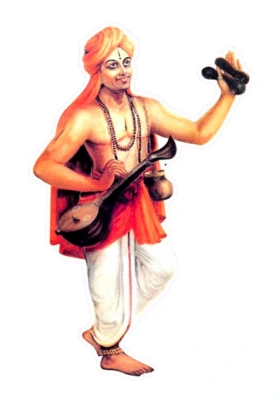
There are so many Geethams composed by various composers in various languages. The Geethams that we learn is composed by St.Purandara Dasa and it was aligned in a way that makes understanding the very basic concepts of Janaka Raga and Janya Raga, Swaras and it’s Swarasthaanas with Sahithyas.
Practicing Geetham in proper Sruthi and Thaalam with 3 speeds makes the understanding of the Swaras and gives good Gamakas for concerts. Especially practicing Arohanam and Avarohanam in three speeds gives good knowledge in doing Kalpana Swarams in future.
Our 1st to 4th Geetham was composed by Saint. Sri. Purandaradasar
5th Geetham Varaveena was composed by Appaya Dhikshithar
6th Geetham Kamalajadhala was composed by Saint.Sri Purandaradasar.
Saint. Sri. Purandaradasar is commonly known as Sangeetha Pithamahar or Bhishmar of Carnatic Music. His compositions are commonly known as DASA PADAKALU. He has composed many Kannada songs which was his mother tongue. He composed various songs in other languages also.
In South Indian classical music Geetham has been composed by so many composers. Some of them are Shyama Sastri, Muthuswamy Dhikshithar, Pydala Gurumurthy Sasthri, Venkata Makhi are some of the legendary composers.
A few of the famous Geethams are Shri Gananadha and Vara Veena, which till date is a famous invocation song for Lord Ganesha, and Lord Saraswathi respectively.
Geetham In Hinduism
Can we draw a parallel to Geetham and Geetham in Hinduism and say that Geethams were solely created for Hindu gods? Not really. It might have started out pertaining to one religion, but we now see a lot of other religion compositions also following Carnatic Style of Music.
Carnatic Music is and has always been the most sought out genre of Music. It’s a joy to see musicians of different genres using Carnatic compositions and tunes to enhance their work across the globe from time immemorial. Here is an exercise for our readers. Which is the famous Carnatic Pop Rock Fusion Song of Michael Jackson? Comment below 🙂
Geetham, being the first lesson with sahithyam, i.e words, along with Swaras, the children learning Geetham, will have something to sing in any gathering. Vara Veena, Kamalajadala, Re Re Sree Rama, will become household songs before the children completes Geetham.
FAQs
What does Geetham in Carnatic music mean?
When music and words comes together, it is called Geetham. In Carnatic terms, the union of dhātu and mātu is known as geetham, i.e., the union of music and words (swaram and sahityam).
How many Pillari Geethams are there?
There are about 14 Pillari Geethams in Carnatic Music. Samanya Geetham that are sung in praise of Lord Ganesha, Lord Vishnu and Lord Shiva are called Pillari geethams.
What are the different type of Geethams?
The Geethams are broadly classified into 2 types. The Geetham types are as follows – Samanya Geetham, which has words praising Gods and Gurus and Lakshana Geetham, which explains the raaga.
How and why did Geetham Originate?
Geetham originated to explain the Saahithya and the respective Swaras that precede it. From using only Thalam and Swaras, the Geetham singers steps into using Saahithya also.
Who are the well-known Geetham Composers?
Purandara Dasar, Appaya Dhikshidhar, Syama Sastri are a few among the celebrated Geetham Composers.
What is the structure of Geetham?
Geethams are generally an extension of the respective Raaga’s melody. The tempo across the song will be uniform. Generally there is no repetition of lines in Geetham, however a few Geethams end with the first two lines of the song.
Where can I find the Geetham lyrics and interpretation?
You will find the lyrics of Geetham in the book Ganamrutha Bodhini (Sangeetha Bala Padam). You will find the meanings on the internet, and coming soon in our blogs.

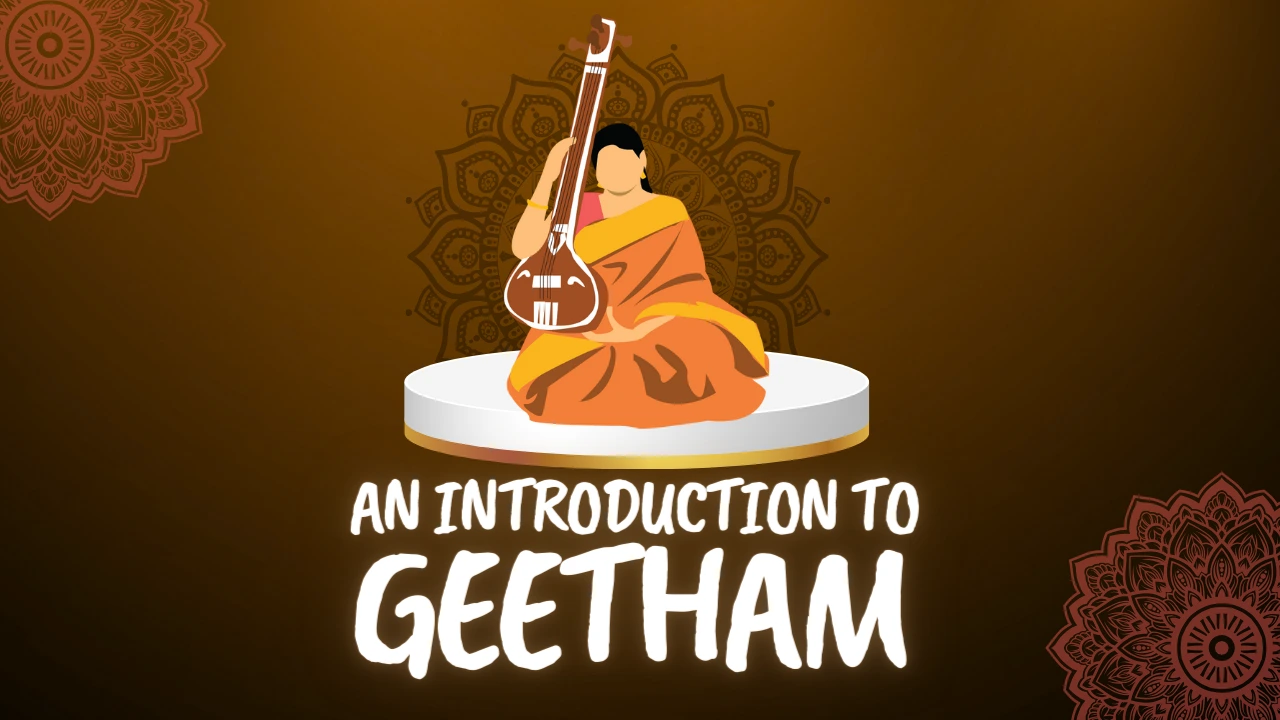



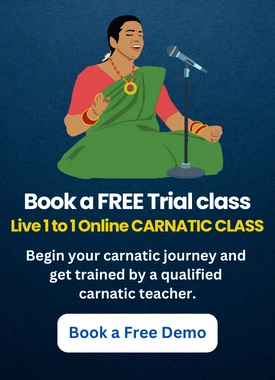

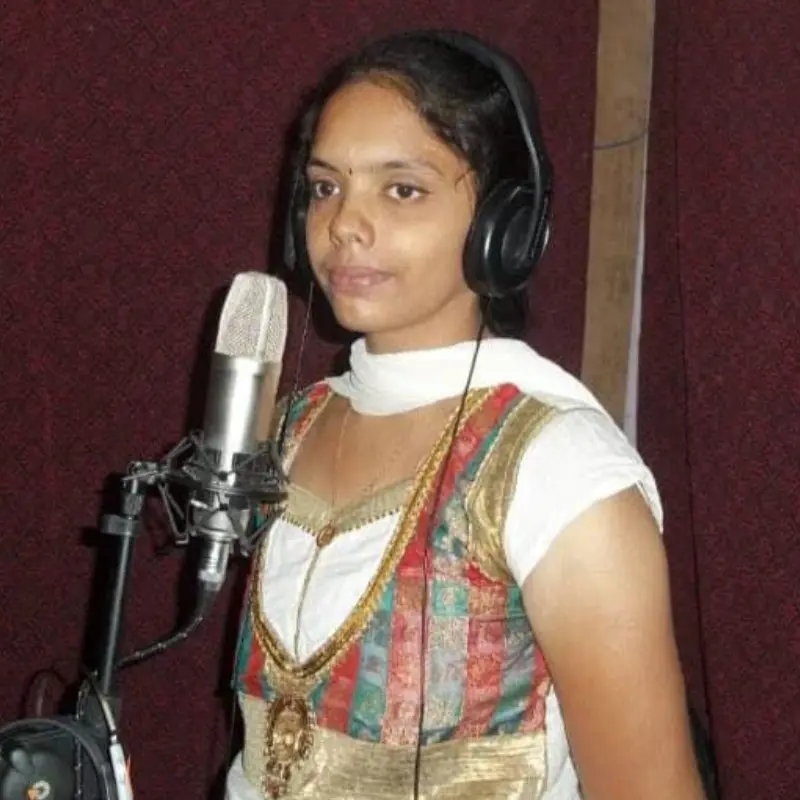


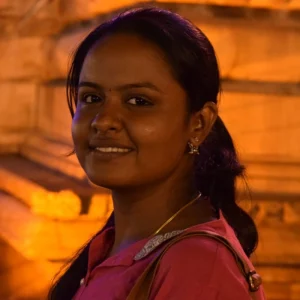

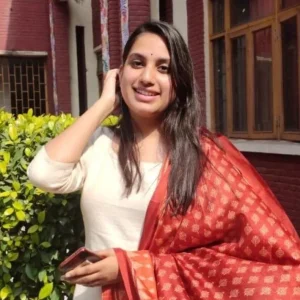

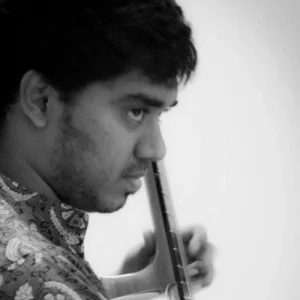


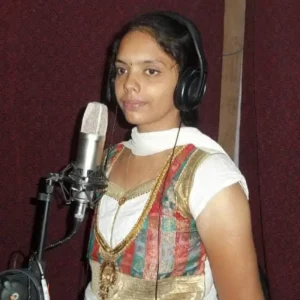
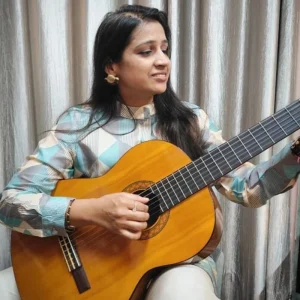
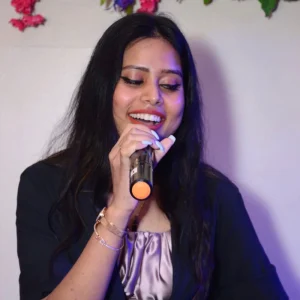
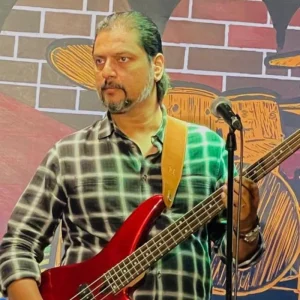

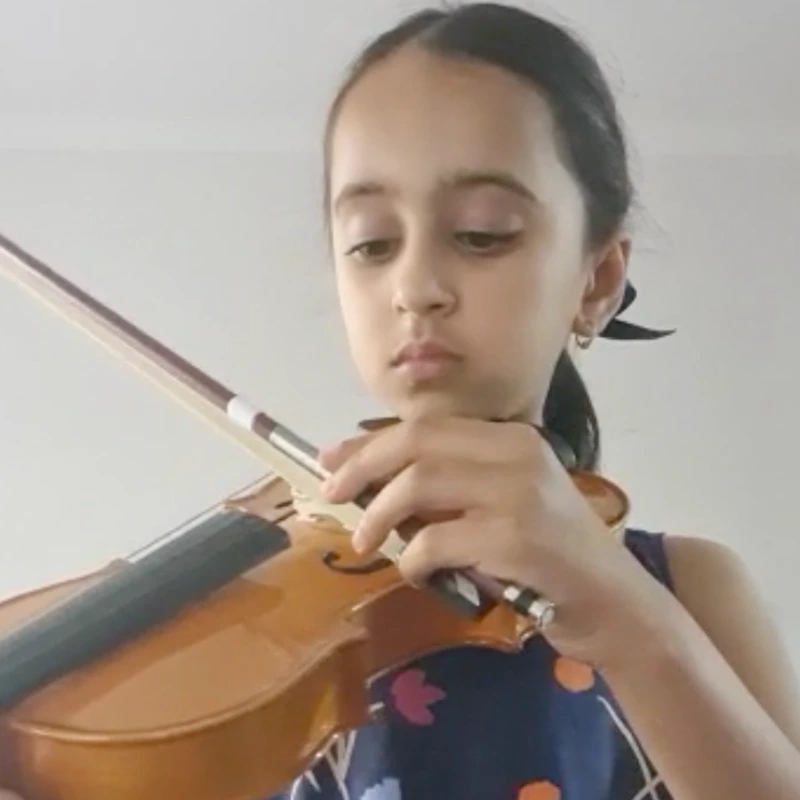
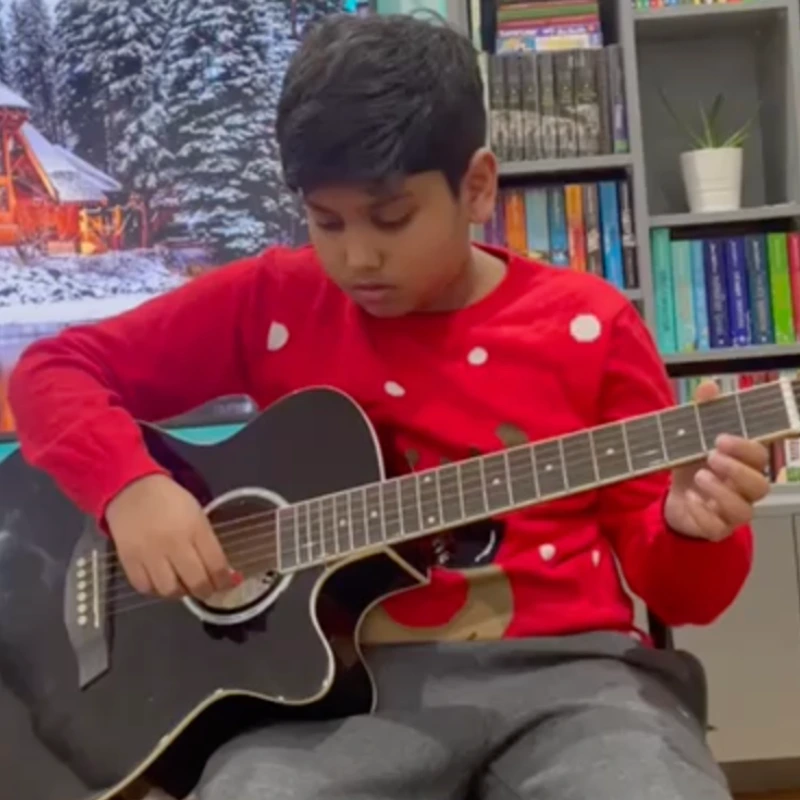
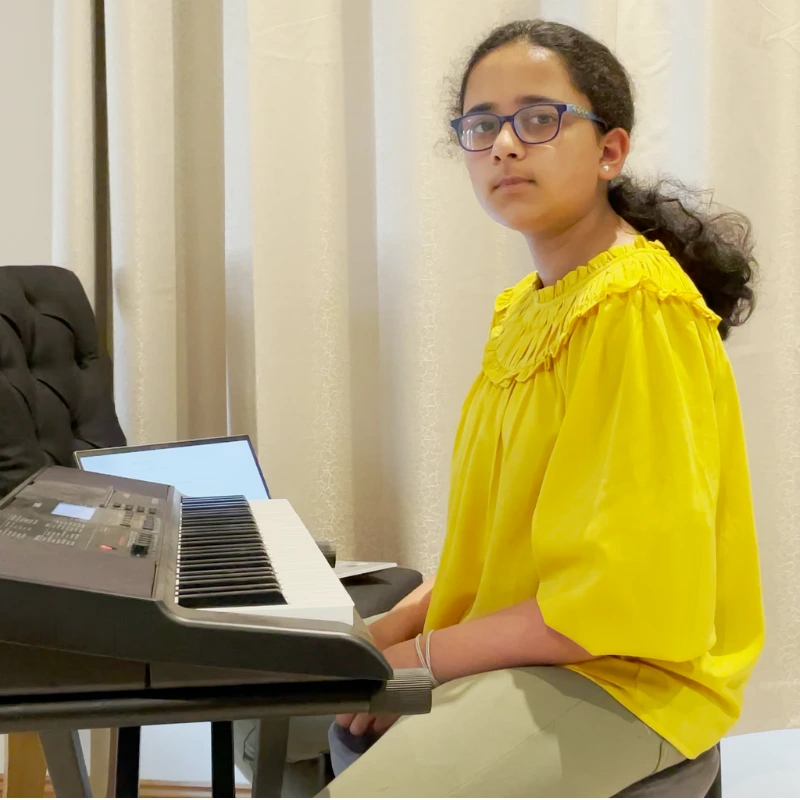
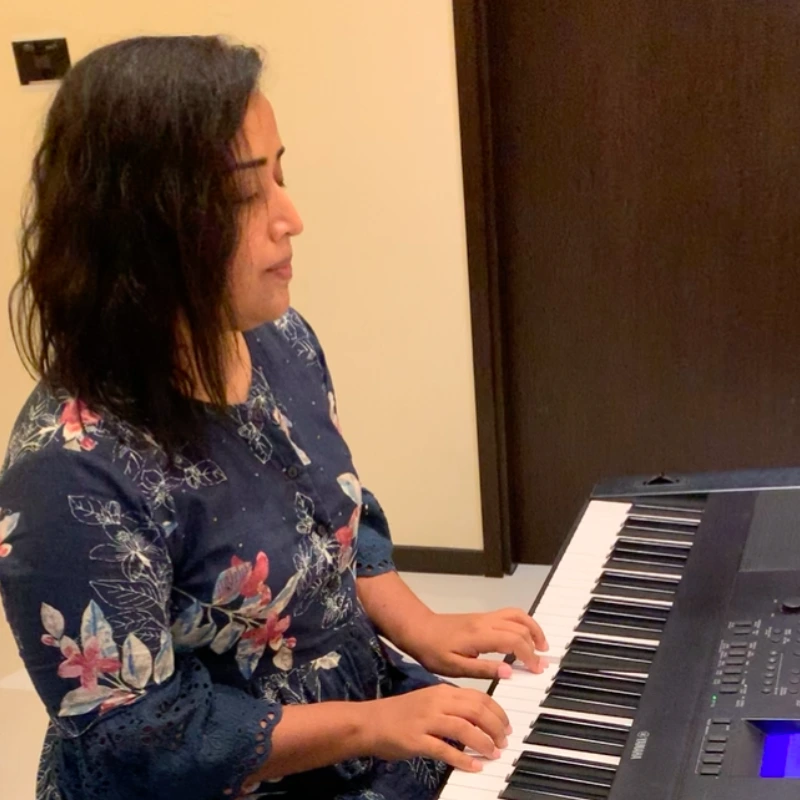
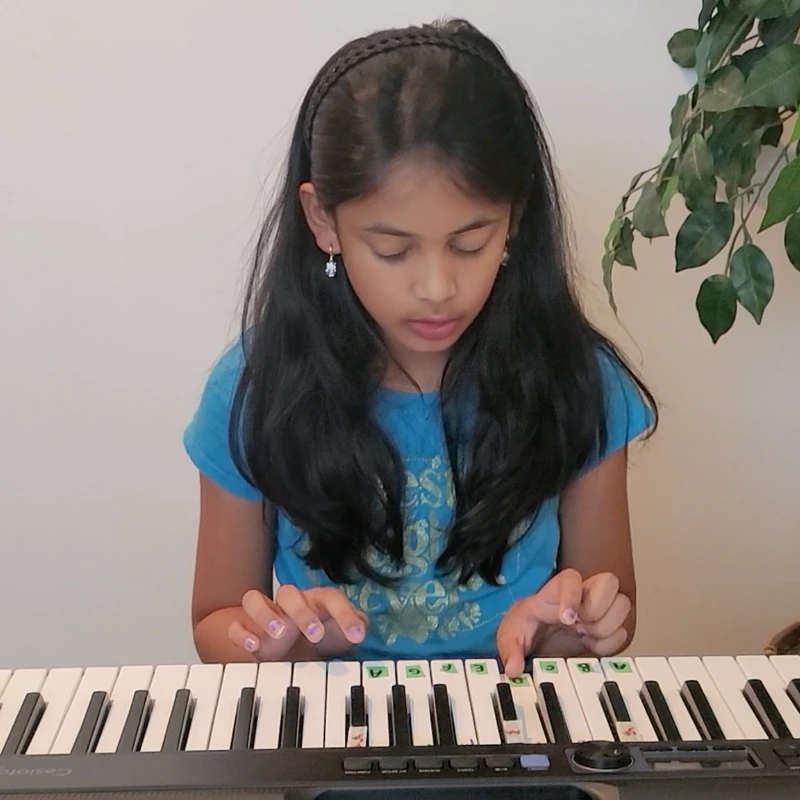
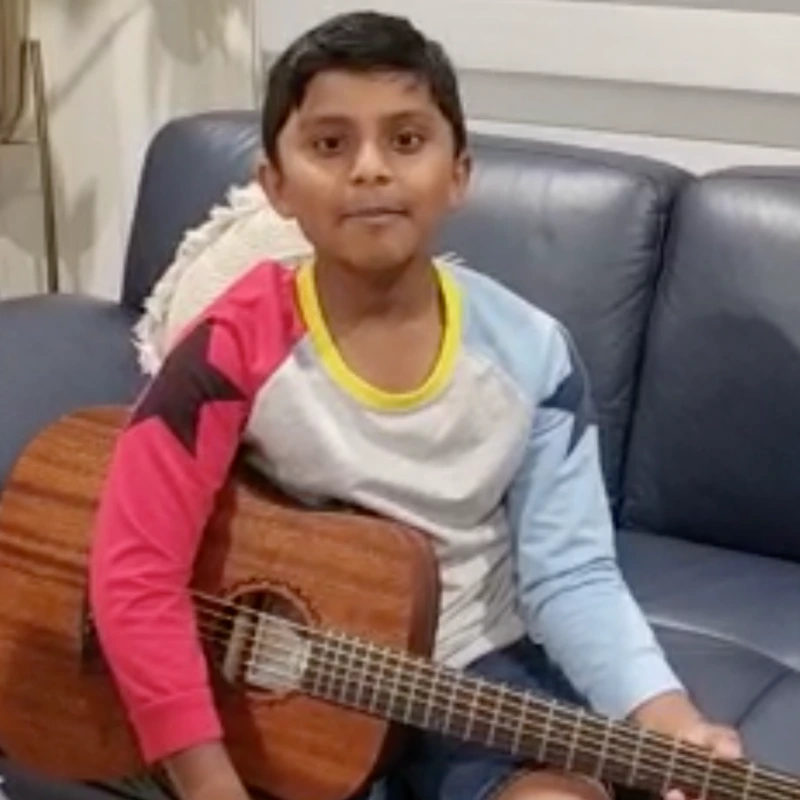





Well done Kavitha
Beautifully written. Waiting for more.